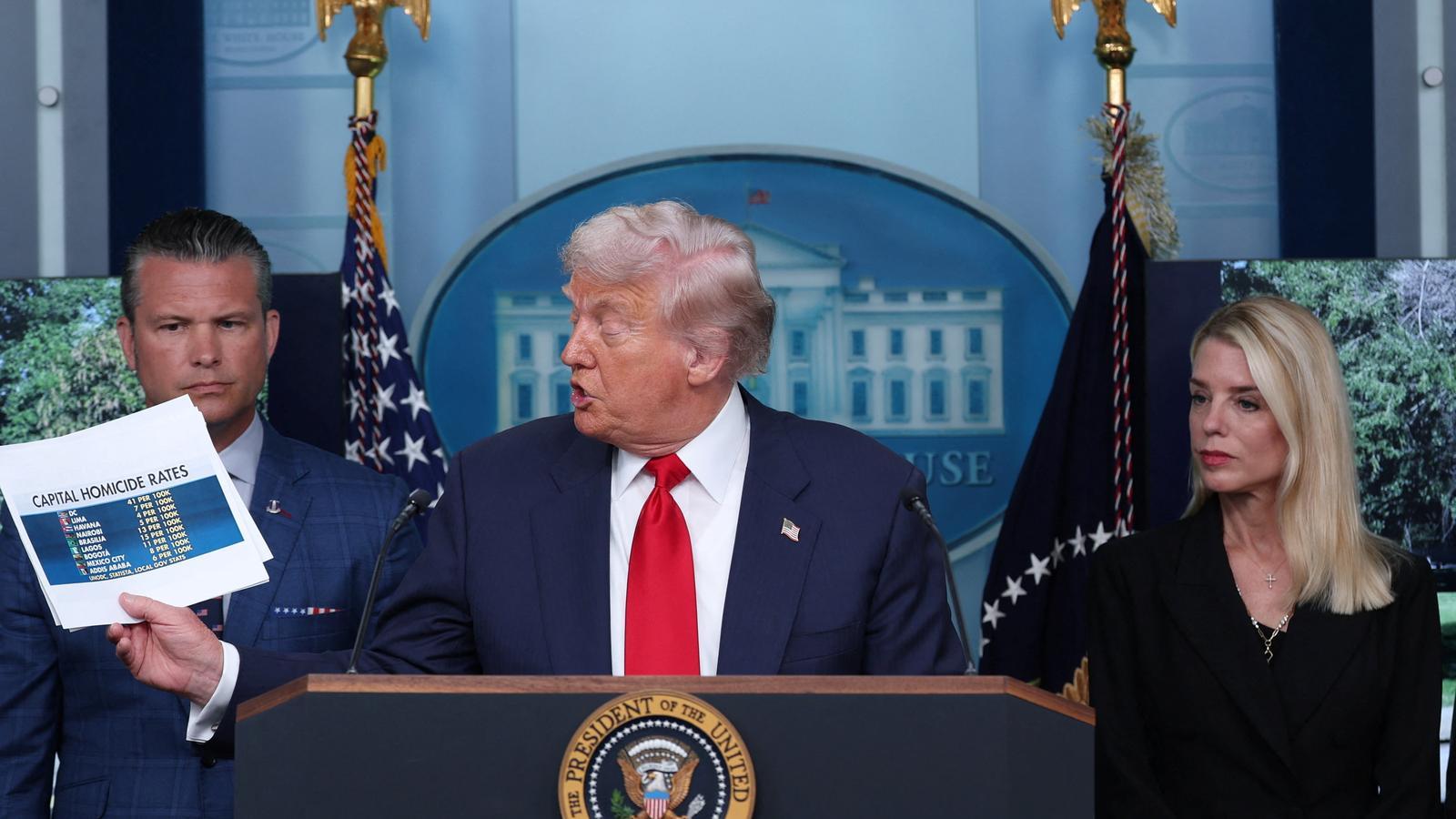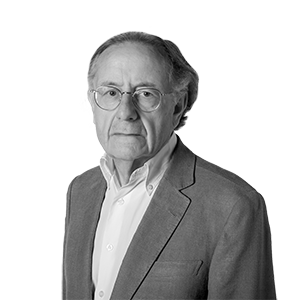Recovering the future


1. Warnings. An image to remember: Xi Jinping in Tianjin, setting a different tone from Trump by hosting Vladimir Putin and Narendra Modi. A sign that highlights the American president's exhibitionist disarray and points to significant changes in the global balance of power. Something is moving. It's no good getting distracted.
It seems that the beginning of the school year calls for resolutions, new initiatives, and signs of a comfortable voluntarism. But it's essential not to lose sight of the world when talking about our affairs. After the episode of the Trial, we are now in an inertial phase in which politics moves almost by fate. It is all too evident that there is nothing to propose with the force that novelty brings and that everyone is struggling to get the mud off their shoes. Routines feed the present, and politics becomes bland and boring, lacking a real debate of ideas and projects that could be stimulating.
Why this mediocrity? Because there are profound changes in society's power structures that are gradually taking shape and, for the moment, are conditioning more than they generate stimulating expectations. The danger is that it all ends in a fire, in a time when authoritarian mutations dominate the scene in an increasingly suffocating way. And democracy seems to be marked by the intentions of the powerful, who move with the impunity granted to them by the new communication system.
In an interview with Philosophie MagazineCurtis Yarvin, an intellectual close to the transhumanist millionaire Peter Thiel and Vice President JD Vance, says that what needs to be done in the United States is "liquidate democracy, the constitution of the rule of law, to establish an authoritarian monarchy centered around a king enjoying all powers." And it doesn't cause any scandal. It falls within the dynamics of the moment, which involve a Donald Trump who, wanting everything, ends up giving opportunities to his adversaries, be they Xi Jinping or Vladimir Putin.
In any case, the United States has become a factor stimulating authoritarian passions. And the specter of global conflict is projected onto the world. The cruelest and most profound expression of this climate is the shameful capitulation of democratic countries in the face of the genocide—the systematic destruction of a population—in Gaza. Curtis Yarvin, the organic intellectual of post-democratic authoritarianism in the United States, whom I mentioned earlier, is precisely the author of the delirious idea of transforming Gaza into a Riviera for wealthy property owners.
2. Inertia. If we go down to the local areas, everything is more prosaic, but the state of induced disappointment is palpable. Catalonia has yet to emerge from the aftermath of the Process and already seems to have found calm through a certain depoliticization, as if, to a certain extent, it were groping and unhurriedly seeking to resume its flight. President Isla continues to make a virtue of management, which is a high-risk strategy because it is judged by results, and it is not always obvious. Citizens do not live by bread alone, and while it is true that this is a time when hopes are fading, some forms of identification are necessary. Is the image of the man without precise attributes who makes a virtue of moderation sufficiently comforting? Conservative nationalism becomes paralyzing as long as it does not shake off its ghosts and understand that a profound renewal is necessary. And here we are, on a day that passes, a year pushes toward an expiration date. Who will set the pace?
And in Spain, the widespread confusion on the right—the PP in this case—is becoming evident, as it hides its political project to avoid getting involved with Vox, thus placing itself increasingly dependent on the far right. The fear that Feijóo and company might develop a shameless and ideologically charged proposal is indicative of an insecurity that paralyzes any positive initiative. Not one idea, not one proposal, just a chain of accusations, without a sense of ridicule, to construct an image of President Sánchez as a champion of corruption. A strategy that raises doubts about its effectiveness—aspiring to govern requires more than destroying one's adversary—and which, in any case, is a contribution to the growth of Vox as a spokesperson for the right in the ideological battle. And it gives Sánchez room for resistance. For the moment, there are not many signs to suggest that this year can break us out of these ruts, which right now are the far right capitalizing on, both in Catalonia and in Spain.
